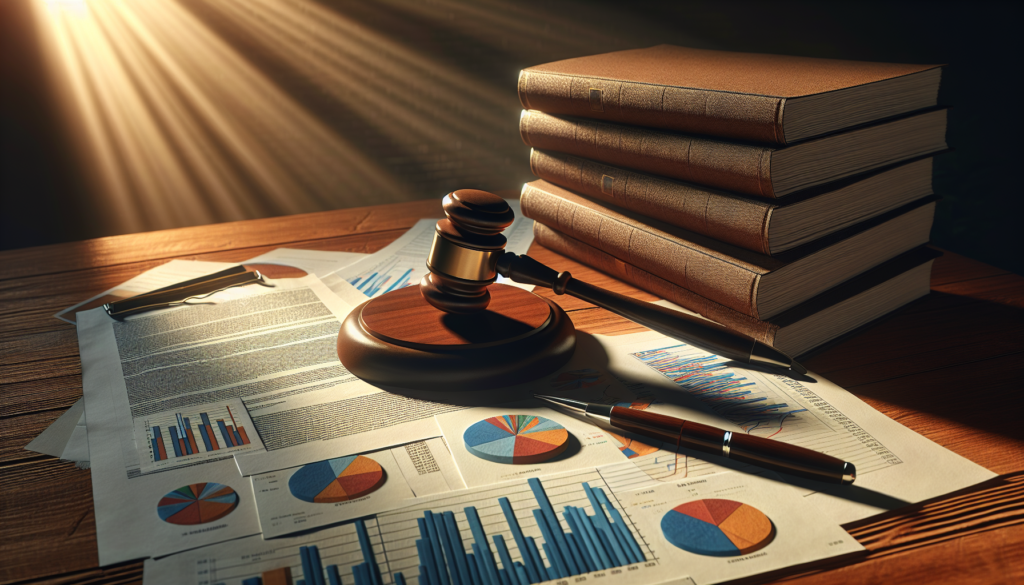
In a Chapter 13 bankruptcy, the manner in which plan payments are made can vary based on jurisdiction and individual circumstances, but many courts prefer or require that these payments be made through payroll deduction. Here’s a breakdown of how payroll control can play a role in Chapter 13 plan payments:
Payroll Deduction Orders:
- Automatic Payments: Many bankruptcy courts issue a payroll deduction order when a Chapter 13 bankruptcy plan is confirmed. This order directs the debtor’s employer to deduct the bankruptcy plan payment directly from the debtor’s wages and send it to the Chapter 13 trustee.
- Consistency and Compliance: The primary advantage of payroll deductions is that they help ensure payments are made consistently and on time, reducing the risk of missed payments and potential case dismissal.
- Court Preference: While not universally mandated, many courts prefer payroll deductions as they increase the likelihood of plan completion. It’s seen as a way to streamline the payment process and reduce administrative burdens.
Voluntary Payments:
- Direct Payments: In some cases, debtors may be allowed to make their plan payments directly to the trustee, especially if they are self-employed or have variable income that doesn’t lend itself well to regular payroll deductions.
- Proving Reliability: Debtors who wish to make direct payments may need to demonstrate to the court that they can manage their payments responsibly and on time.
Employer Notification:
- Disclosure: A payroll deduction order does mean that your employer will be notified of your bankruptcy, which is a concern for some debtors. However, bankruptcy laws prohibit employers from discriminating against employees for filing bankruptcy.
Modifications and Exceptions:
- Changing Circumstances: If a debtor’s employment situation changes (e.g., job loss or new job), the payment method might need to be adjusted. It’s crucial to inform the bankruptcy attorney and trustee about any such changes.
- Court Approval: If there’s a valid reason to modify the payment method, the debtor can request a court hearing to propose changes to the payroll deduction order.
While payroll control via deduction orders is a common and often preferred method for Chapter 13 plan payments, it’s not universally required. Debtors should discuss the best payment method for their situation with their bankruptcy attorney and be prepared to adapt to the requirements of their local bankruptcy court. Whether through payroll deduction or direct payments, the key is ensuring that plan payments are made consistently and on time to successfully complete the Chapter 13 process.


Get a Free Bankruptcy Case Evaluation